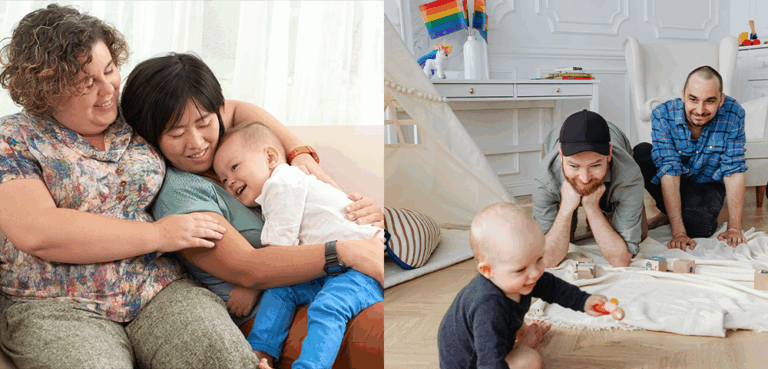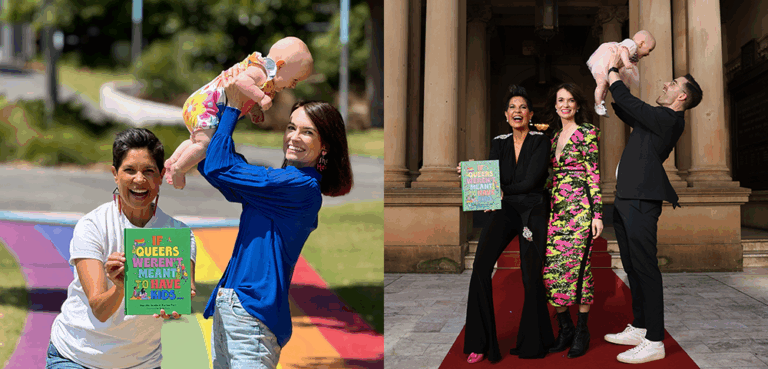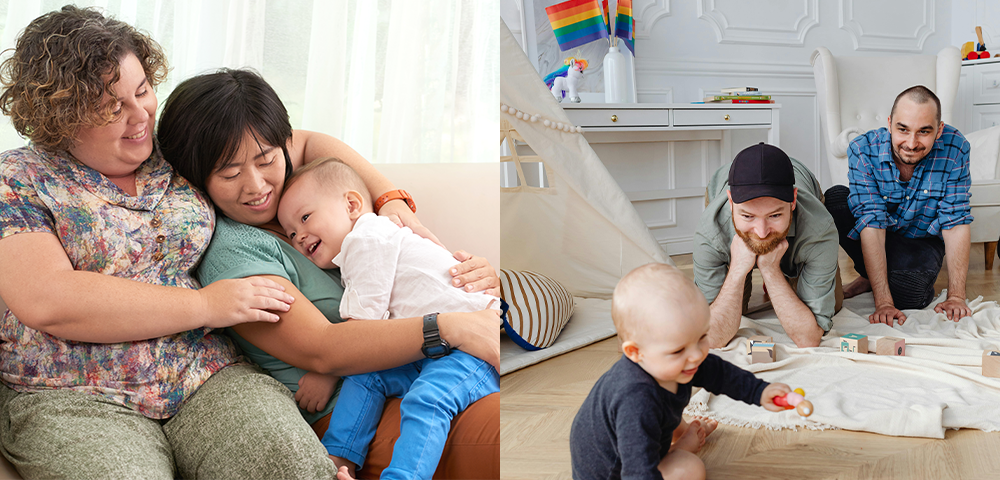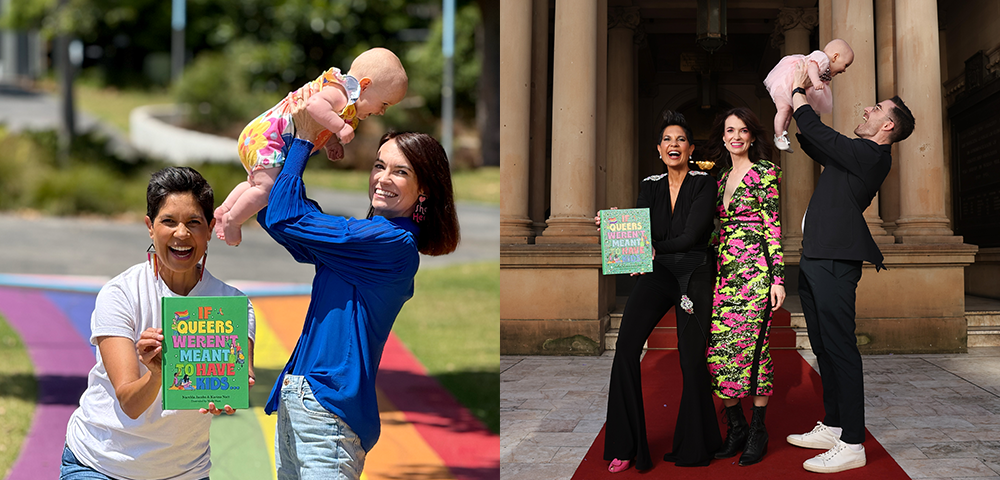
Championing the way for LGBTI mental health
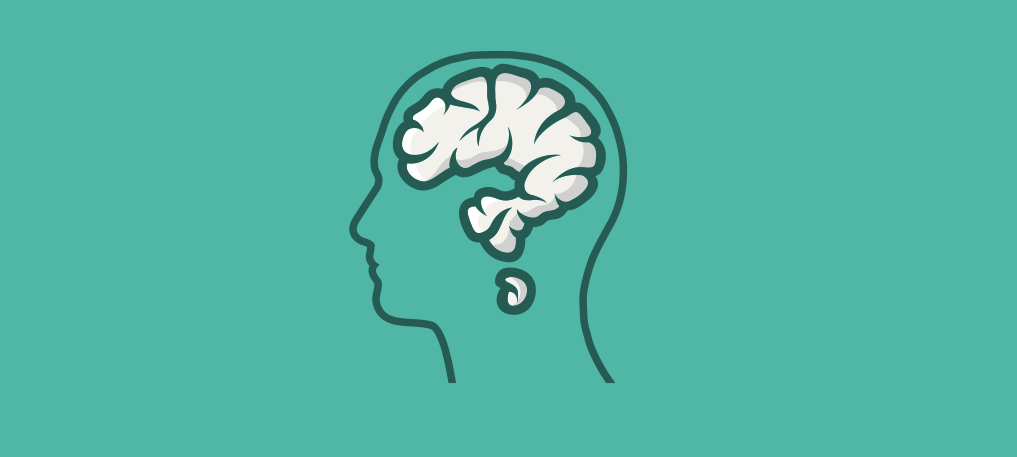
FOR Sally Morris, heading up MindOUT! has been a labour of love.
It’s also one that she does not take for granted.
“I love this project,” she said.
“I feel particularly lucky to be able to coordinate [it] nationally.
“It is creating significant change in the ability for the mental health sector to meet the needs of LGBTI people — it has provided the sector with what they have needed.”
Run by the National LGBTI Health Alliance, MindOUT! is a national LGBTI mental health and suicide prevention initiative that supports both LGBTI and mainstream organisations to improve mental health outcomes for LGBTI people.
Morris, who is its current national coordinator, said it was the first initiative of its kind.
“It focuses on increasing awareness of the mental health outcomes for LGBTI people by establishing networks and linkages between the LGBTI sector and the mainstream mental health.
“Having a national focus ensures a consistent approach to LGBTI mental health and suicide prevention, and gives access to information and resources in areas that previously haven’t, due to the minimal capacity of small LGBTI organisations to focus on mental health and the lack of LGBTI mental health programs and funding.”
MindOUT! was established in 2011 and has been through several phases, expanding and adapting to best respond to the mental health needs of the LGBTI community.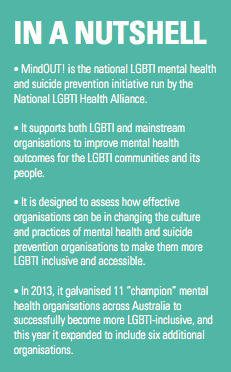
However, the reason for its existence has remained consistent the whole time: it fills a gap in the mental health sector, in that LGBTI people have only been included at a minimal level in national mental health and suicide prevention strategies.
Morris said this was because not much funding — or any, for that matter — was provided to support LGBTI mental health.
“Research has consistently been showing — both international and Australian-based — that LGBTI people have a significantly higher rate of depression, anxiety, thoughts about suicide and suicide attempts than their non-LGBTI counterparts,” she said.
“Certainly within the LGBTI communities some groups have been shown to be even more vulnerable, including transgender people, bisexual women and gay men.
“This is directly due to experiences of discrimination, prejudice, abuse, exclusion which impacts on mental health.”
Morris highlighted that there was “little information” about the mental health outcomes for intersex people as they were rarely included in research.
“But generally it can be said that LGBTI people have worse mental health outcomes than any other group of people,” she said.
Morris said the way many mainstream mental health organisations do not view LGBTI people as an important demographic exacerbates this, as it leads to LGBTI invisibility and organisations being perceived as non-safe spaces to access support.
However, she said the winds of change have certainly been sweeping through Australia, thanks to organisations such as Suicide Prevention Australia, Beyondblue identifying LGBTI people as a high-risk group and reports like Growing Up Queer and The Hidden Toll: Suicide in Australia, which identified LGBTI people as a higher-risk group that should be included in suicide prevention strategies, policies and programs.
“With this, MindOUT! was formed,” Morris said.
The early days of MindOUT! consisted of development, documentation and surveys among the National LGBTI Health Alliance’s stakeholders, to determine where they should focus their initial liaison and partnerships.
Three areas of need were then identified. Firstly, to support mainstream mental health organisations to become more able to respond to the mental health needs of LGBTI people; secondly, to support LGBTI people and communities themselves to better identify when someone isn’t coping with their mental health and how to support their friends in times of need; and finally, to better support existing LGBTI organisations to better respond to the mental health needs of the LGBTI community.
“To do this MindOUT! ran a series of training workshops for both the mental health sector and for the LGBTI community about mental health,” Morris said.
“We also created a series of resources that are for the mental health sector to improve their knowledge and skills for supporting LGBTI people.
“We also piloted a project that provided a more intensive level of support to mental health organisations to create change and more inclusive and accessible organisations to LGBTI people.”
The latter was called the LGBTI Champions project, which was launched in August 2013.
It saw MindOUT! partner with 11 “champion” organisations, and assessed — through an evaluation and review of the learnings trialled over 10 months in 2013-14 — how effective they could be in changing the practices of mental health and suicide prevention organisations to make them more LGBTI inclusive and accessible.
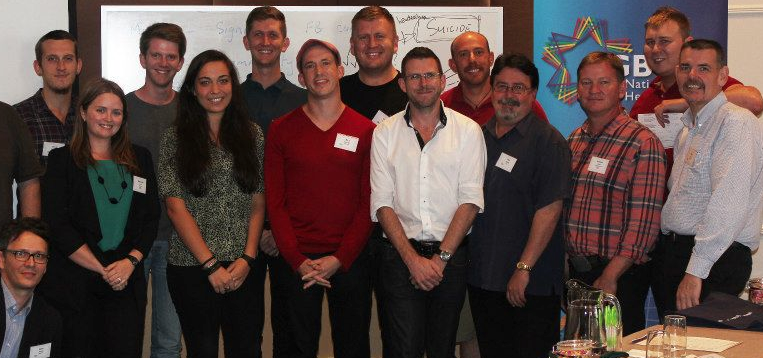
“As most of the sector haven’t previously been able to access training and education, the level of knowledge about who LGBTI people are and about our mental health experiences — for some, learning about this has been quite shocking,” Morris reflected.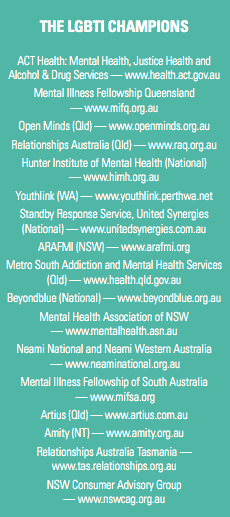
“Many organisations also have the perception that by ‘treating everyone the same’ they are accessible to LGBTI people or that none of their clients are LGBTI. However, that isn’t the case.
“There are many barriers that stop LGBTI people from accessing services [and] even though LGBTI people will need much the same strategies to improve their mental health, there are also very specific experiences… that directly impact on their mental health, and these need to be acknowledged and addressed to support better health outcomes.”
The initial phase of LGBTI Champions provided valuable data on what works best, and in early December, MindOUT! released of a resource that provided a framework to guide other mental health organisations to actively and successfully move towards providing inclusive services to LGBTI people.
Morris added that LGBTI Champions has also expanded to include seven additional organisations to become partners, bringing the total to 18 organisations.
“All have a commitment to LGBTI inclusion and all work hard to create changes in their organisation to be more accessible to LGBTI people,” she said.
”We are really proud to have some large and influential organisations in this project who through their participation are going a long way to better support LGBTI people to have improved mental health outcomes.”
Morris said one of the most rewarding aspects of MindOUT! and the LGBTI Champions project has been witnessing the changes occurring in the organisations involved.
“What has been particularly interesting has been the experiences of some of the champion organisations as they start to talk more openly about LGBTI people in their services,” she said.
“A high number of existing clients — some of who have been using the services for many years — have now decided to come out to their support worker which has allowed them to finally talk about their sexuality and gender identity in ways that they did not think was possible before.
“This project has directly helped create safe spaces for LGBTI people.”
